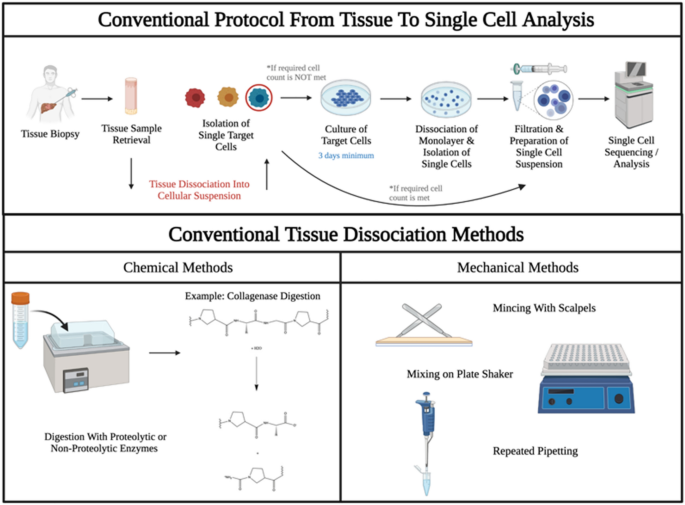2022-07-14 ペンシルベニア州立大学(PennState)
研究チームは、2006年から2009年の間に脳卒中を経験し、認知症、脳腫瘍、毒素曝露、外傷性脳損傷、その他の感染性脳疾患の既往がない、民間保険データベース内の18歳から60歳の患者約24000人のデータを分析しました。脳卒中後5年以内に発作と認知症の診断を受けた患者を特定した。
発作は脳卒中患者(虚血性、出血性脳卒中)の6.7%に発生し、認知症は調査対象患者の1.3%に発症した。年齢、性別、居住形態、地域、抗けいれん薬の使用、糖尿病、高血圧、うつ病、うっ血性心不全などの病気の診断などの変数を調整した後、発作を起こした若い脳卒中患者は、脳卒中後の発作を起こさなかった患者に比べ、認知症を発症するリスクが2.5倍高いと判断しています。
<関連情報>
- https://www.psu.edu/news/research/story/seizures-may-increase-dementia-risk-young-stroke-survivors/
- https://n.neurology.org/content/early/2022/05/18/WNL.0000000000200736
若年脳卒中生存者における脳卒中後遺症と認知症リスク Poststroke Seizures and the Risk of Dementia Among Young Stroke Survivors
Alain Lekoubou, Djibril M. Ba, Clever Nguyen, Guodong Liu, Douglas L. Leslie, Leonardo Bonilha, Chinchilli M. Vernon
Neurology Published May 18, 2022
DOI: https://doi.org/10.1212/WNL.0000000000200736
Abstract
Background: The impact of new onset seizures in young stroke survivors on the subsequent development of dementia is poorly understood. This study aimed to assess the association between new onset of seizure and dementia in a population-based study of stroke patients.
Methods: The IBM Watson Health MarketScan® Commercial Claims and Encounters database, for the years 2005-2014 served as the data source for this study. Using the International Classification of Diseases, Ninth Revision (ICD-9), we identified patients aged 18-60 years with ischemic strokes, IS (433.x1, 434.x1, and 436) and hemorrhagic strokes, HS (430, 431, 432.0, 432.1, and 432.9) between January 1, 2006, and December 31, 2009, which constituted our baseline study cohort. At baseline, all included participants were free of claims for dementia, brain tumors, toxin exposure, traumatic brain injury, and neuro-infectious diseases, identified using ICD-9 codes. They had at least 1-year continuous enrollment before the index stroke diagnosis and 5 years after, with no seizure claims within 1 year after the index date. The exposure of interest was seizures: a time-dependent variable. The study outcome of interest was dementia (ICD-9: 290.0, 290.10-13, 290.20-21, 290.3, 290.40-43, 291.2, 292.82, 294.10-11, 294.20-21, 294.8, 331.0, 331.11, 331.19, and 331.82), which occurred during the follow-up period from January 1, 2010, to December 31, 2014. A Cox proportional hazards regression model was applied to calculate the hazard ratio (HR) and 95% confidence interval (CI) for the independent association of seizures with the occurrence of dementia.
Findings: At the end of the baseline period, we identified 23,680 stroke patients (IS: 20,642 and HS: 3,038). The cumulative incidence of seizure was 6.7%, 6.4%, and 8.3% for all strokes, IS, and HS, respectively. The cumulative incidence of dementia was 1.3%, 1.4%, and 0.9% for all strokes, IS, and HS, respectively. After multivariable adjustment, young patients with stroke who developed seizures had a greater risk of dementia compared with those without seizures (All strokes adjusted HR: 2.53, 95%CI 1.84-3.48; IS: 2.52, 1.79-3.53; HS: 2.80, 1.05-7.43).
Conclusion: These findings suggest that the onset of seizures in young stroke survivors is associated with a 2.53 times increased risk of developing dementia.
Classification of Evidence: This study provides Class II evidence that post stroke seizures increase the probability of dementia in young stroke survivors.



